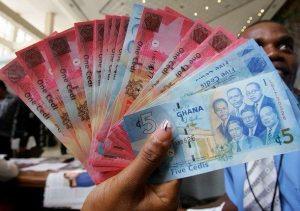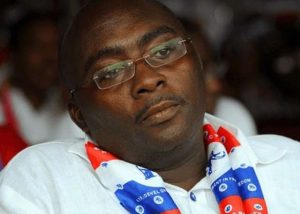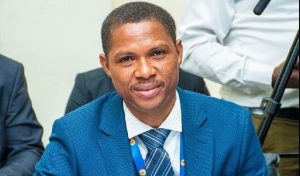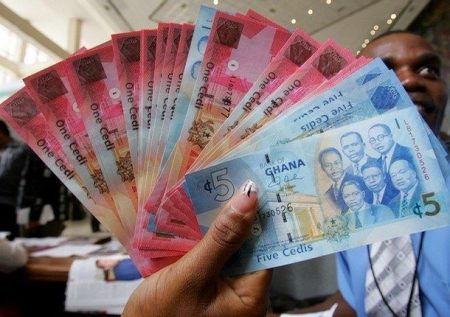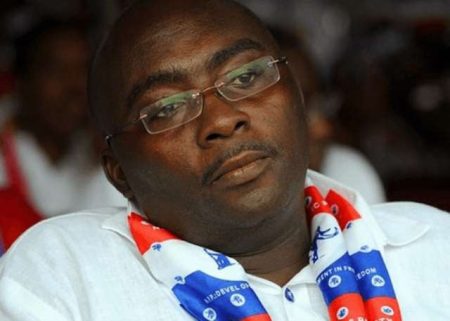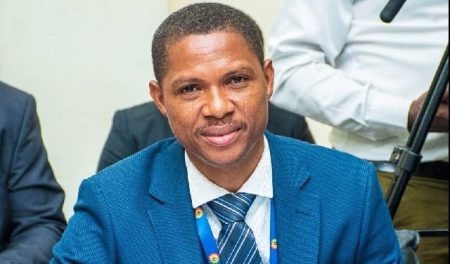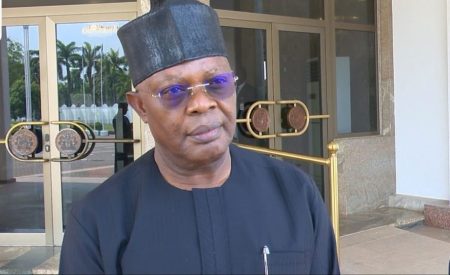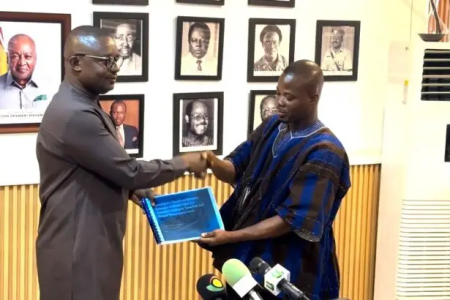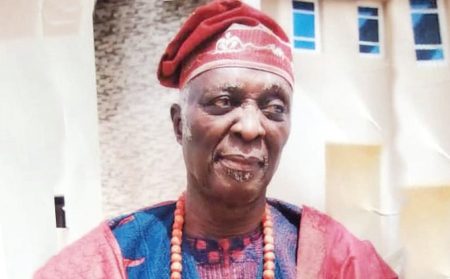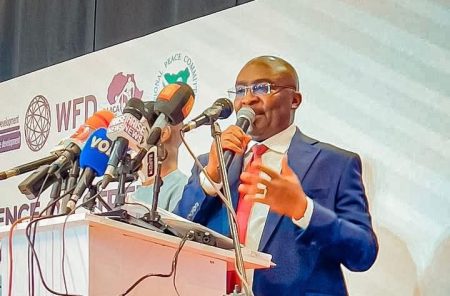Samuel Twumasi, a 37-year-old driver, experienced a wave of raw emotion, weeping uncontrollably, after an Accra Circuit Court discharged him from charges of conspiracy and two counts of defrauding by false pretences. The unexpected turn of events unfolded when Chief Inspector Wisdom Alorwu, representing the prosecution, informed the court of the police’s decision to drop the charges due to insufficient evidence. Presiding Judge Samuel Bright Acquah subsequently discharged Twumasi, a moment that triggered an outpouring of relief and pent-up emotion from the accused.
The courtroom scene played out with striking poignancy. As Twumasi stepped out of the dock, the weight of the ordeal, combined with the sudden release from the threat of prosecution, overwhelmed him. He wept openly, his tears a testament to the stress and uncertainty he had endured. Despite attempts by police officers to console him with the Akan phrase “Barima nsu,” meaning “men don’t cry,” Twumasi’s emotional release continued unabated. The intensity of his reaction highlighted the profound impact of the legal proceedings on his life. The revelation that he had been unable to secure bail and had remained in custody added another layer of understanding to his emotional outburst. The period of confinement, coupled with the looming possibility of conviction, had undoubtedly taken a significant toll on his well-being.
The case also involved another individual, Isaac Danso, a 38-year-old communication consultant, who faced the same charges as Twumasi. However, Danso’s legal journey took a different course. Absent from the courtroom during Twumasi’s discharge, Danso found himself facing the prospect of standing trial alone. The prosecution revealed that Danso had been rearrested by the police and was in custody in Kasoa. This development separated the fates of the two co-accused, highlighting the distinct legal trajectories they were now on.
The allegations against Danso revolved around accusations of visa fraud. He is accused of collecting $4,000 from Adinan Lamidi with the false promise of securing a Canadian visa. Furthermore, he faces a separate allegation of collecting $2,000 from Marwan Mustapha under the same pretext, again failing to deliver the promised visa. These alleged fraudulent activities formed the basis of the charges against him, and his continued detention indicated the seriousness with which the authorities viewed the allegations. The initial arrest of both Twumasi and Danso had occurred on September 15, 2024, marking the commencement of their entanglement with the legal system.
The contrast between Twumasi’s release and Danso’s ongoing legal battle underscores the complexities of the judicial process. While Twumasi walked free, cleared of all charges, Danso remained in custody, burdened by the allegations against him. The disparity in their outcomes highlights the individual nature of legal proceedings, where evidence, circumstances, and legal arguments can lead to vastly different results for co-accused individuals. The case serves as a reminder that the pursuit of justice is a multifaceted process, with outcomes sometimes diverging significantly even for those initially facing the same set of charges.
Twumasi’s emotional release upon his discharge speaks to the human toll of legal proceedings. The uncertainty, the confinement, and the potential consequences can weigh heavily on individuals entangled in the justice system. While his tears signify relief and the lifting of a heavy burden, they also symbolize the emotional strain that legal proceedings can inflict. The stark contrast between Twumasi’s freedom and Danso’s ongoing legal challenges highlights the inherent unpredictability of navigating the legal landscape. The case serves as a sobering illustration of how quickly fortunes can change within the courtroom and the profound impact those changes can have on the lives of those involved.


